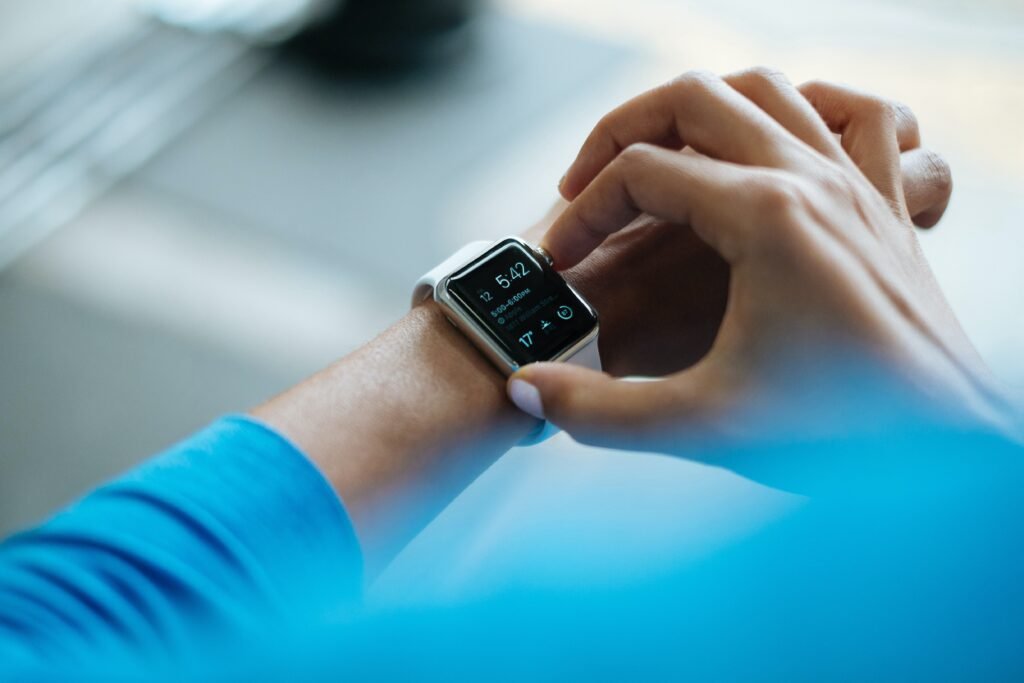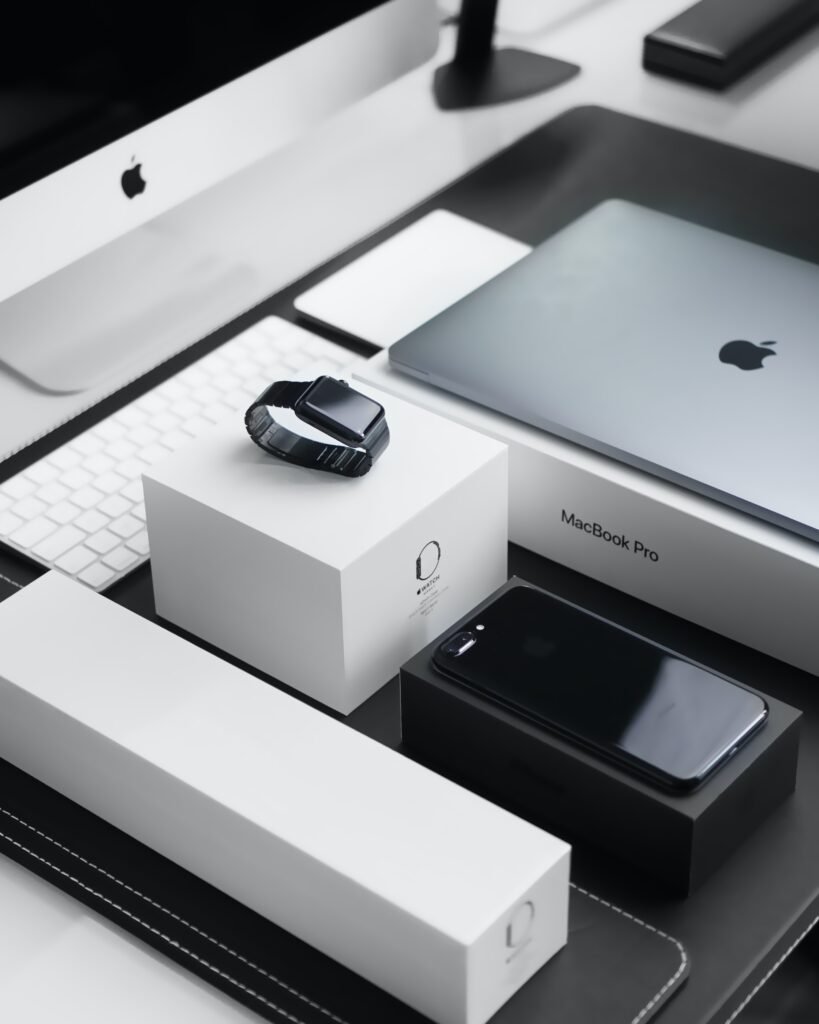In Google’s ongoing data-scraping lawsuit, the tech giant argues that the proposed class action would have detrimental consequences for generative AI. According to Google, the use of public data, such as content posted on social media, is necessary to train AI systems like their chatbot Bard. The lawsuit claims that Google’s scraping of data violates privacy and property rights. However, Google asserts that using publicly available information is not an invasion of privacy or copyright infringement. The case raises important questions about the boundaries of AI training and the legal use of personal information.
Google says data-scraping lawsuit would take ‘sledgehammer’ to generative AI
Summary
Google is facing a proposed class action lawsuit alleging that the company’s data scraping to train generative artificial intelligence (AI) systems violates the privacy and property rights of millions of individuals. The tech giant argues that the use of publicly available data is essential for training systems like its chatbot Bard. Google claims that the lawsuit would not only impact its services but also hinder the development of generative AI as a whole.
Background
In July, Google was sued by eight unnamed individuals in San Francisco for allegedly misusing content from social media and Google platforms to train its AI systems. This lawsuit is part of a series of complaints against tech companies for their alleged improper use of various types of content, including books, visual art, source code, and personal data, without obtaining permission for AI training.

Google’s Argument
Google has asked a California federal court to dismiss the proposed class action lawsuit. The company contends that using publicly available information is not tantamount to stealing, invasion of privacy, negligence, unfair competition, or copyright infringement. It argues that the scraping of data is necessary to enable generative AI systems like Bard to learn and develop.
Plaintiffs’ Allegations
The plaintiffs accuse Google of misusing their personal information and content posted on social media platforms without their consent. They claim that Google’s actions violate their privacy and property rights. The range of content identified in the lawsuit is extensive, including photos from dating websites, Spotify playlists, TikTok videos, and even a bestselling Texan author and investigative journalist’s book.

Misuse of Content by Tech Companies
This lawsuit highlights ongoing concerns regarding the alleged misuse of content by tech companies for AI training purposes. With the increasing use of AI systems, there is growing scrutiny over the sources of data used to train these systems and the potential infringement of individuals’ rights. The misuse of personal data and copyrighted material without permission raises significant ethical and legal questions.
Ryan Clarkson’s Statement
Ryan Clarkson, representing the plaintiffs from the Clarkson Law Firm, criticizes the tech industry’s attempts to normalize the mass theft of personal information. He believes that such practices are irresponsible and short-sighted. This lawsuit aims to hold big tech companies accountable for their actions and protect individuals’ privacy and property rights.

Halimah DeLaine Prado’s Statement
Google’s general counsel, Halimah DeLaine Prado, dismisses the lawsuit as baseless. She argues that U.S. law supports the use of public information to create innovative applications. DeLaine Prado denies the allegation that Google uses non-public information, such as data from Gmail, in its AI training without permission. Google maintains that it complies with legal and ethical standards in its AI development.
Specific Personal Information and Harm
Google challenges the plaintiffs’ claims by highlighting the lack of specific details regarding the personal information allegedly collected and the harm suffered by the individuals. The company asserts that the complaint focuses on irrelevant conduct by third parties and makes exaggerated predictions about AI’s negative consequences. Google calls for more concrete evidence of harm and direct correlation to its Generative AI services.
Google’s Fair Use Defense
Regarding the use of the bestselling author and journalist’s book for training Bard, Google claims that it falls within the fair use doctrine of copyright law. Fair use allows for limited use of copyrighted material without permission under certain circumstances, such as for criticism, commentary, or educational purposes. Google argues that its use of the book is protected and not an infringement of copyright.
Case Details
The case, J.L. v. Alphabet Inc, is currently pending in the U.S. District Court for the Northern District of California. It will determine whether Google’s data scraping practices and use of public content in AI training violate privacy and property rights. The outcome of this case will have significant implications for the future of AI development, fair use doctrines, and the protection of individuals’ personal information.
In conclusion, the clash between Google and the plaintiffs in this lawsuit highlights the ongoing ethical and legal challenges surrounding the use of public content for AI training. While Google argues that data scraping and the use of publicly available information are necessary for the advancement of generative AI, the plaintiffs claim that their privacy and property rights have been violated. The court’s decision will undoubtedly shape the future landscape of AI development and the boundaries of fair use in relation to personal data and copyrighted material.



